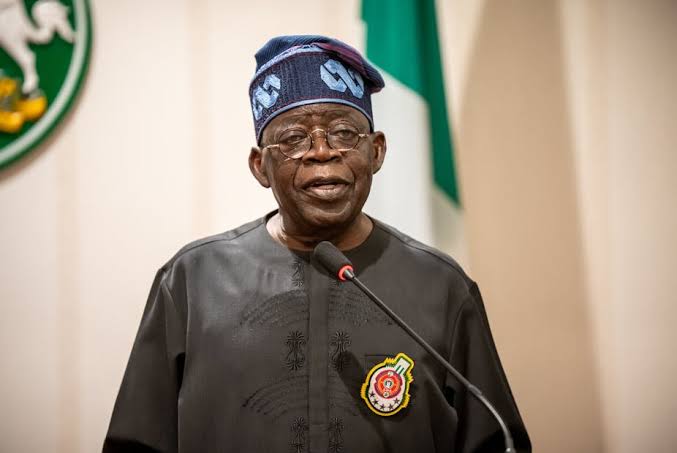Tinubu’s Bold Inaugural Declaration Ends Nigeria’s Era of Subsidies

Nigeria’s economic history took a dramatic turn on May 29, 2023, when President Bola Ahmed Tinubu departed from his prepared inaugural speech to announce the removal of fuel subsidy and the unification of foreign exchange rates — two long-standing issues that had drained the nation’s finances. For decades, the country’s two most powerful federal institutions — the Nigerian National Petroleum Company Limited (NNPC) and the Central Bank of Nigeria (CBN) — had operated as burdens rather than assets.
While the NNPC was heavily consumed with petrol subsidy payments, the CBN struggled under the weight of defending the naira by subsidizing the dollar. Analysts argue that this dual subsidy regime crippled the economy, left government coffers empty, and made Nigeria excessively dependent on loans and foreign reserves to survive. At its peak, NNPC not only spent trillions on subsidies but also declared that the federal government still owed it billions of dollars, instead of remitting revenues to the federation account. Nigeria’s fiscal position grew so dire that the country had to borrow from the International Monetary Fund (IMF) to pay subsidy-related debts. Observers warned that the economy was on the brink of collapse. Against this backdrop, Tinubu’s decision shocked many. His speechwriters had avoided inserting subsidy removal into the inauguration address, fearful of the political and social backlash. Former military heads of state and powerful political figures had avoided touching the sensitive policy for decades. But at Eagle Square, Tinubu chose to act decisively. Abandoning caution, he declared: “Subsidy is gone. There will be unification of FX.” With those words, he struck at the heart of Nigeria’s economic “cancer,” as many have described it, setting the stage for sweeping reforms from the very first day of his presidency. Supporters hailed the move as the mark of leadership, describing the president as stepping beyond politics to confront a national crisis. “It wasn’t the politician Tinubu who spoke at Eagle Square that day; it was Jagaban, the leader of this era,” one observer noted. While the reforms have triggered economic shocks, including inflationary pressures and social discontent, many analysts insist they were unavoidable steps to prevent the nation’s finances from collapsing irredeemably. For Tinubu’s allies and supporters, the moment was historic. It symbolized the courage to do what generations of leaders had feared to attempt, and it has since redefined the trajectory of Nigeria’s economic policy.








